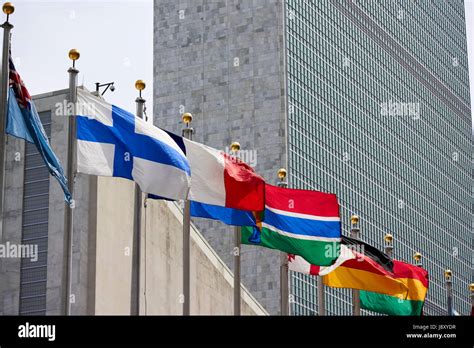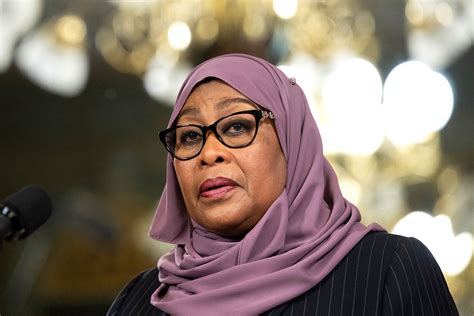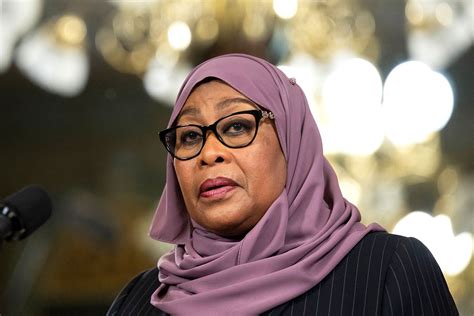Sub-Saharan Africa is currently facing a monumental challenge with terrorism, accounting for almost 59% of all terrorism-related deaths worldwide. Despite the relentless efforts of member states to combat this menace, the situation remains dire. The UN Deputy Secretary-General, Amina Muhammed, recently shed light on this pressing issue during a UN Security Council meeting focused on international peace and security.
During the meeting themed “African-led and development-focused counter-terrorism: strengthening African leadership and implementation of counter-terrorism initiatives,” Ms. Muhammed emphasized the alarming rise in terrorism-related fatalities, surpassing 6,000 in the last three years alone. This staggering number constitutes over half of all global terrorism-related deaths. Burkina Faso has emerged as a hotspot for such violence, experiencing a shocking 68% increase in terrorism-related deaths without substantial support to reverse this alarming trend.
Ms. Muhammed poignantly stated that Africa has tragically become the epicenter of global terrorism in its multifaceted forms, posing a significant threat to peace, security, and sustainable development across the continent.
Impact on Women and Families
The impact of terrorism extends far beyond mere statistics; it deeply affects women and families in ways that are particularly devastating. Terrorist groups often exploit and subject women to brutal acts of sexual and gender-based violence such as forced marriages and abductions. These atrocities inflict profound trauma that reverberates throughout entire communities.
Need for Innovative Approaches
Addressing terrorism requires innovative strategies that uphold human rights and the rule of law while tackling conditions conducive to its proliferation. Ms. Muhammed stressed the importance of forging cohesive responses rooted in humanitarian development peace nexus principles supported by international collaboration.
She highlighted the significance of honoring commitments made within the global counter-terrorism strategy pact agreed upon by UN member states in September 2024. The time is ripe for translating these pledges into tangible actions with unwavering determination.
Addressing Root Causes
To effectively combat terrorism, it is crucial to address its underlying drivers—fragility, poverty, inequality, disillusionment—which create fertile ground for radicalization and recruitment. Building inclusive societies resilient against such threats should be a shared objective guided by established agendas like the 2030 global agenda and Africa’s 2063 agenda.
The Role of Regional Cooperation
Regional cooperation stands as a linchpin in devising effective counter-terrorism strategies; fragmented efforts only serve to embolden perpetrators. Ms. Muhammed underscored the necessity for united responses grounded in dialogue, trust-building, and coordinated action across regions.
She emphasized that African-led solutions must spearhead anti-terrorism efforts on the continent while advocating for harmonized regional endeavors aligned with overarching strategies—a pivotal step towards collectively mitigating terrorist threats.
As Sub-Saharan Africa grapples with escalating terrorist activities demanding urgent attention from both regional stakeholders and international allies alike—the call for concerted action grows louder than ever.









Leave feedback about this